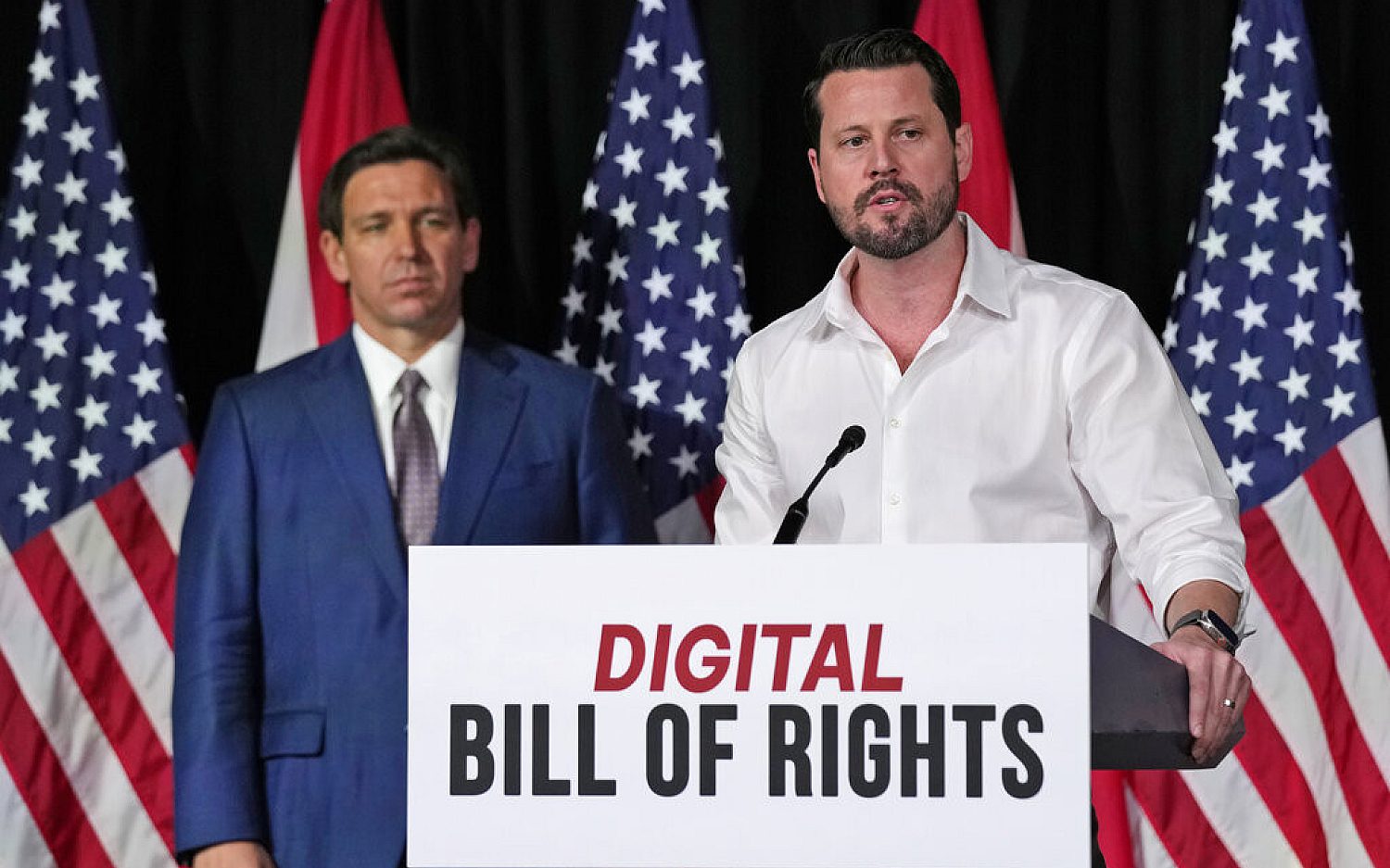For-profit colleges must prove grads can get good jobs
New regulations issued by the U.S. Department of Education might put many for-profit colleges at risk of losing federal student aid. Some say the regulations protect students and taxpayers from poor-performing schools while others argue they displace students without improving the quality of higher education.
To be eligible for federal student aid, most for-profit programs, “regardless of credential level,” and non-degree programs at public and private non-profit schools must equip students for “gainful employment in a recognized occupation,” according to a Department of Education fact sheet. The new regulations, issued on Thursday and scheduled to go into effect July 1, say schools pass the “gainful employment” standard if a typical graduate’s annual loan payment is less than 8 percent of his or her total earnings, or 20 percent of discretionary earnings. (For someone making $27,250 a year, about what a first-year auto mechanic would earn, the loan payment could be no more than $2,180 per year, or $182 per month.)
The Department of Education says most programs will pass, but it estimates 1,400 won’t. Those programs have about 840,000 students currently enrolled, 99 percent attending for-profit schools.
Students at for-profit schools are more likely to be poor than those at public or private non-profit schools, and according to the Association of Private Sector Colleges and Universities (APSCU), more than 60 percent of students at for-profit schools are 25 or older. Half have children.
Steve Gunderson, president and CEO of APSCU, said the new regulations will close programs preparing students for careers such as “medical and dental assisting, network systems administration, HVAC repair, and pharmacy technician.”
For-profit colleges have come under close scrutiny due in part to high student loan default rates. The U.S. Department of Education reported students from for-profit schools—11 percent of all higher education students—are responsible for 44 percent of federal student loan defaults. According to a 2012 Senate Health, Education, Labor, and Pension (HELP) Committee report—the result of a two-year investigation of for-profit higher education—associate degrees and certificate programs cost four times more at for-profit institutions than similar programs at a community college.
For-profit institutions also have faced criticism for using what the Department of Education calls “confusing or misleading information” to recruit students. For example, undercover testing by the U.S. Government Accountability Office, released in 2010, found some “college representatives exaggerated undercover applicants’ potential salary after graduation.”
In addition to the debt-to-earnings metric, the regulations require institutions to “make public disclosures” about their gainful employment programs, including “costs, earnings, debt, and completion rates,” according to the U.S. Department of Education fact sheet.
An earlier draft of the regulations included a metric based on the percent of students who defaulted on student loans, including students who enrolled in a program and dropped out. The U.S. Department of Education fact sheet says the department removed the default metric “based on public feedback” and to make “more streamlined regulations.”
Yet some lament its loss. “This measure had value in that it included all students who borrowed for a program, whereas the debt-to-earnings rate only looks at graduates,” wrote Ben Miller, a senior policy analyst with the New America Foundation’s Education Policy Program.
Sen. Tom Harkin, D-Iowa, chairman of the Senate HELP Committee, calls the new rule a “first step,” but said in a statement it “does little to ensure that colleges stop offering poor quality programs where most of the students drop out.”
Gunderson called the regulation “arbitrary and biased.”
“The gainful employment regulation is nothing more than a bad-faith attempt to cut off access to education for millions of students who have been historically underserved by higher education,” he said in a statement.
Sen. Lamar Alexander, R-Tenn., ranking member of the HELP Committee, also issued a statement critiquing the regulations. He pointed out they could close a for-profit school’s bachelor’s degree nursing program while allowing “one in exactly the same circumstances” to stay open at a public or private non-profit school.
But U.S. Secretary of Education Arne Duncan isn’t backing down. “These regulations are a necessary step to ensure that colleges accepting federal funds protect students, cut costs and improve outcomes,” he said.
The Associated Press contributed to this report.
An actual newsletter worth subscribing to instead of just a collection of links. —Adam
Sign up to receive The Sift email newsletter each weekday morning for the latest headlines from WORLD’s breaking news team.




Please wait while we load the latest comments...
Comments
Please register, subscribe, or log in to comment on this article.